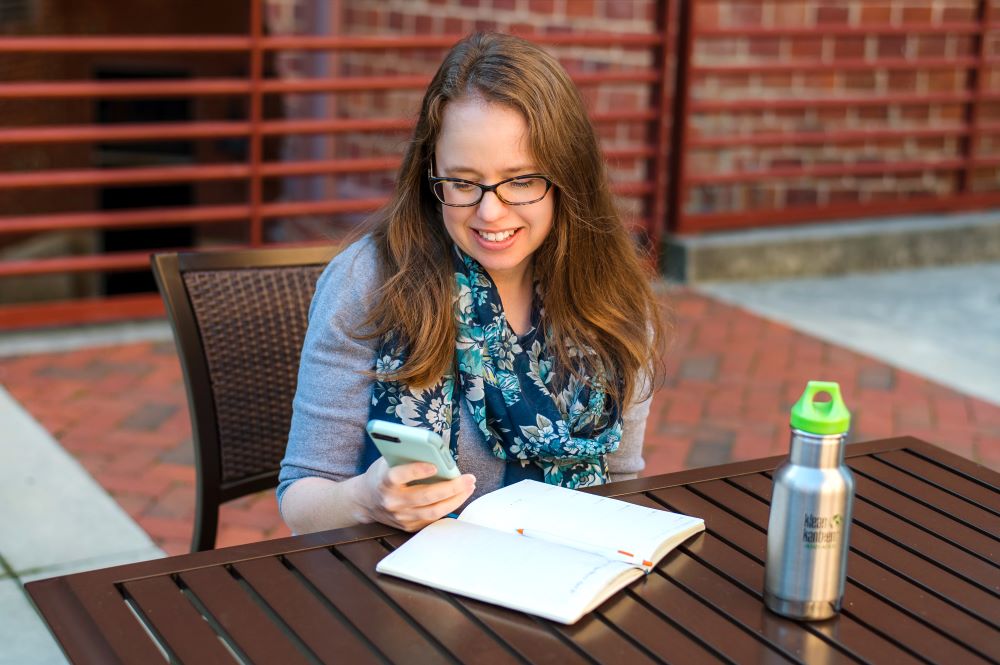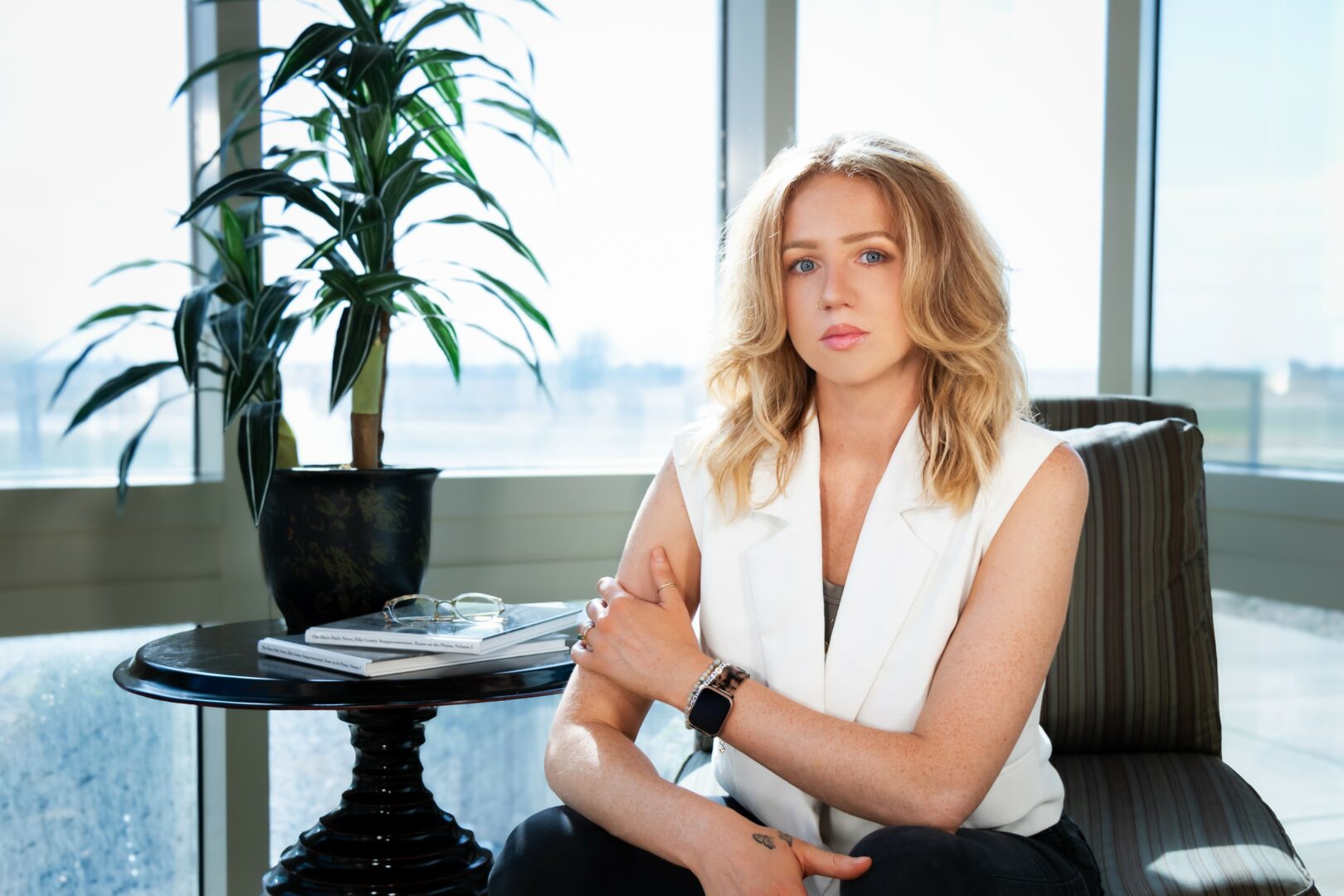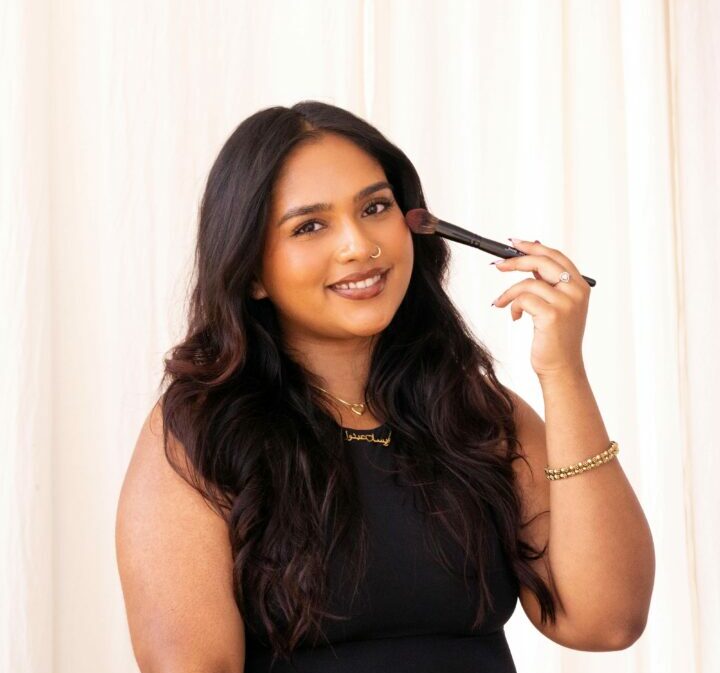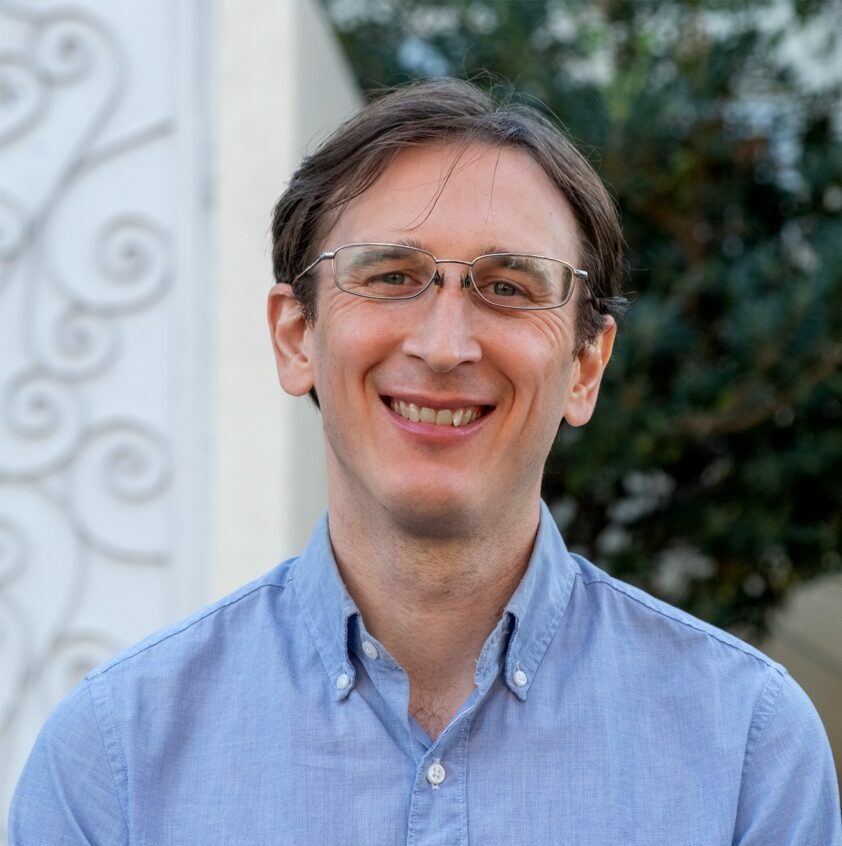We recently connected with Lori Palen and have shared our conversation below.
Lori, so many exciting things to discuss, we can’t wait. Thanks for joining us and we appreciate you sharing your wisdom with our readers. So, maybe we can start by discussing optimism and where your optimism comes from?
“The worst they can say is ‘no.'”
I don’t know where I first heard this. Maybe my mom? But it’s the foundation for my complete absence of fear in asking for what I want.
Seeking out opportunities to publish my writing and art. Asking out boys I liked. Applying to college and grad school. Asking strangers for guidance on everything from my career to family medical issues. And now, as part of my business, approaching potential clients about supporting their work.
Once you realize that a “no” (or no response at all) isn’t that scary, it gives you the freedom to imagine how amazing things could be if the answer is “yes.”
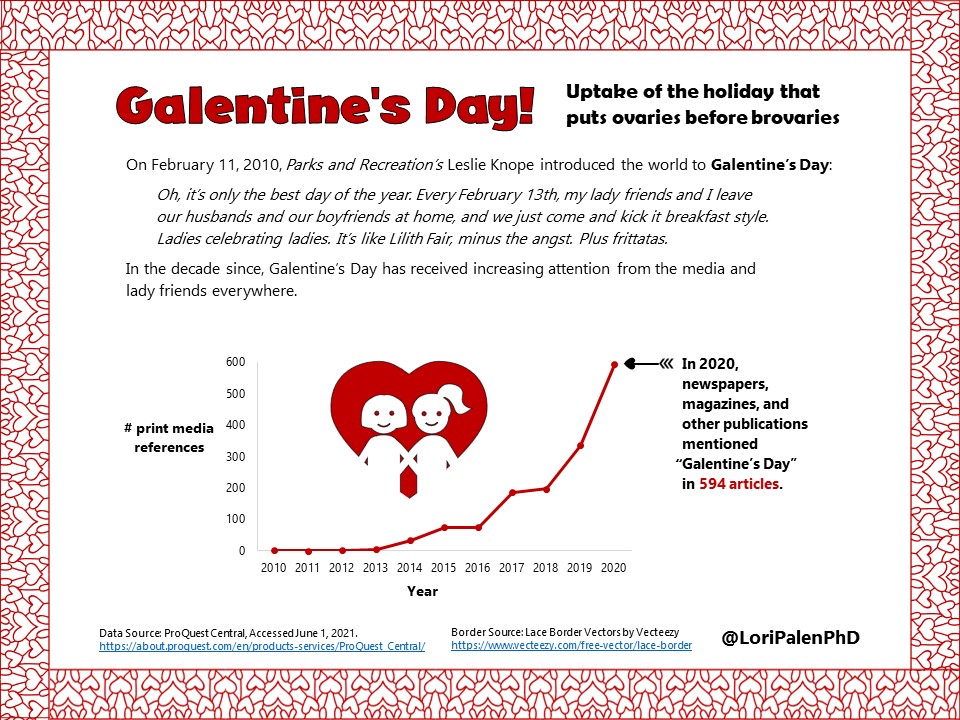
Let’s take a small detour – maybe you can share a bit about yourself before we dive back into some of the other questions we had for you?
I’m a social scientist by training. I spent the first part of my career doing research; specifically, testing programs designed to prevent substance use, risky sexual behavior, and violence among teens.
I was involved in all parts of the research process, from designing studies to collecting and analyzing data to sharing the results. And I could do all of those things. But there were LOTS of people who could do those tasks, and many who could do them better than me.
I found that where my skills really stood out was in the communication of research results. (I think a lot of this stems from a lifelong interest in art and writing, as well as an undergraduate background in business marketing.) I became a person colleagues could call on when they needed help with writing a report or article, or designing a research presentation or poster. I became someone who could bridge the gap between the technical language of science and the practical language of service providers, policymakers, and the general public.
After about ten post-graduate years in science, I started looking for opportunities to focus solely on science communication. The organization where I was didn’t offer those opportunities. Communication organizations didn’t like my lack of background in natural/medical sciences or that I’d never worked for a creative agency. After a couple of years of getting nowhere with a career pivot, I decided that I would make my own opportunity.
In 2021, I founded Data Soapbox. We partner with researchers to develop reports, presentations, infographics, and other products that get insights into the hands of people who can use them to do good in the world. I get to work with all sorts of people (research faculty, small business owners, government partners) on all sorts of topics that they’re passionate about. I still develop products focused on substance use, sex, and violence, but I’ve also gotten to support professionals in education, medicine, pharmaceuticals, health equity, food and housing insecurity, occupational health and safety, agriculture, and tech.
My job is awesome because I get to use and grow skills that I enjoy while also supporting people who are making a difference in the world.
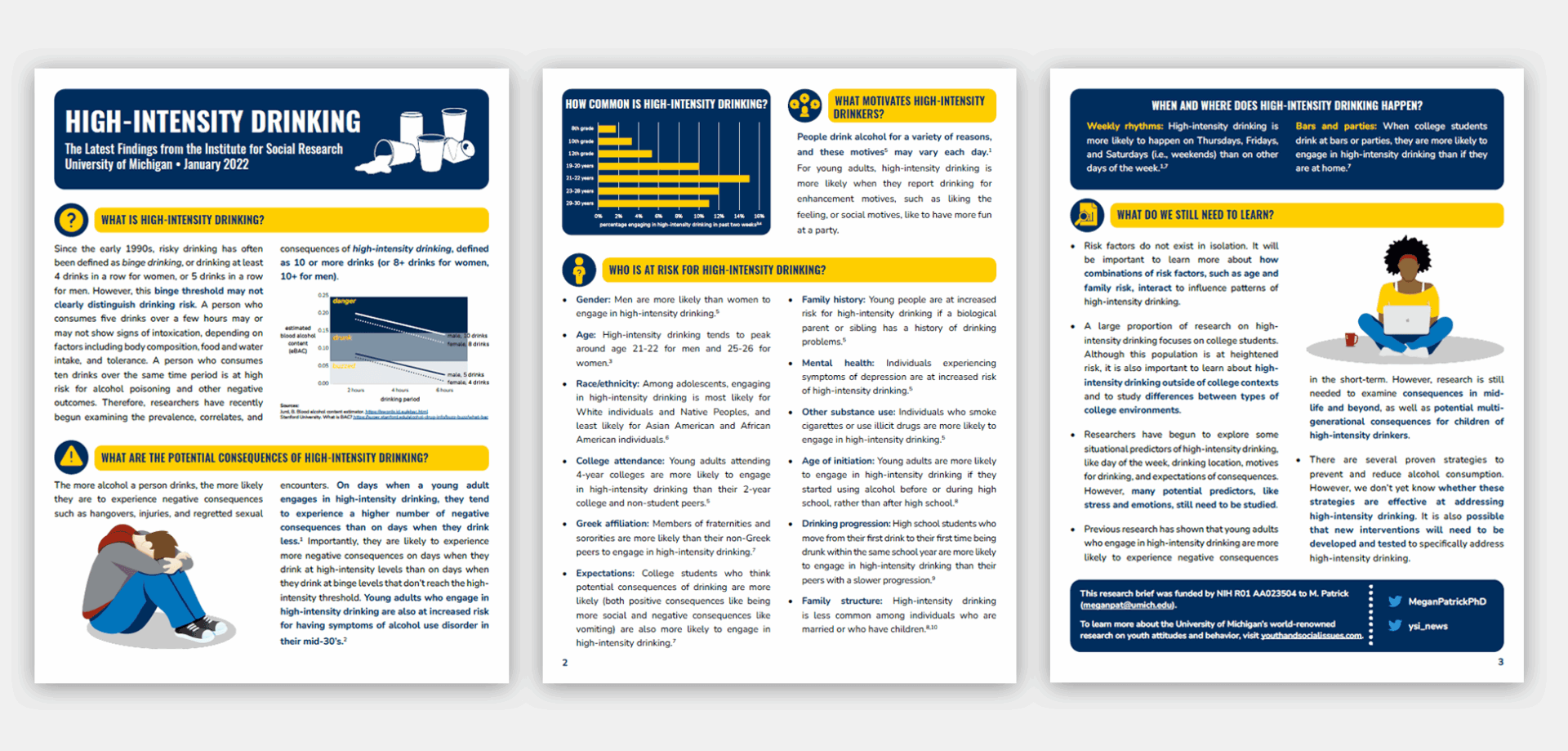
If you had to pick three qualities that are most important to develop, which three would you say matter most?
Empathy, for both clients and audience. An understanding my clients’ needs and pain points shapes how I interact with them and the services I offer. An understanding of the audience for a communication product shapes every decision about that product, from the content to the layout to the distribution. The best way to build empathy is to be conscious about whose perspective needs to be considered and spend time learning about these individuals/groups.
Critical thinking. I believe that one reason science communication is often terrible is because creators and reviewers aren’t honest in their critique of the work. Do YOU understand this jargon-filled paragraph? Are YOU falling asleep during this presentation? Do YOU want to spend 15 minutes reading this conference poster? As scientists, we are often blinded by the way information is “traditionally” shared. We need to question whether those norms are really working. I think one way to strengthen this muscle is to consume content by people who question the norms. Personal favorites in my field include Edward Tufte, Garr Reynolds, Nancy Duarte, Stephanie Evergreen, and Randy Olson.
Networking. Before I started my business, I assumed that my clients would come to me pretty passively. “Oh, hey, I saw that blog post you wrote…” In reality, almost all of my clients are people I’ve met in real life, or people who know those people. I’ve had to actively build my customer base by reaching out to people I know, or people who I want to know, to say “Hey, I’m doing this thing that might make your professional life easier!”
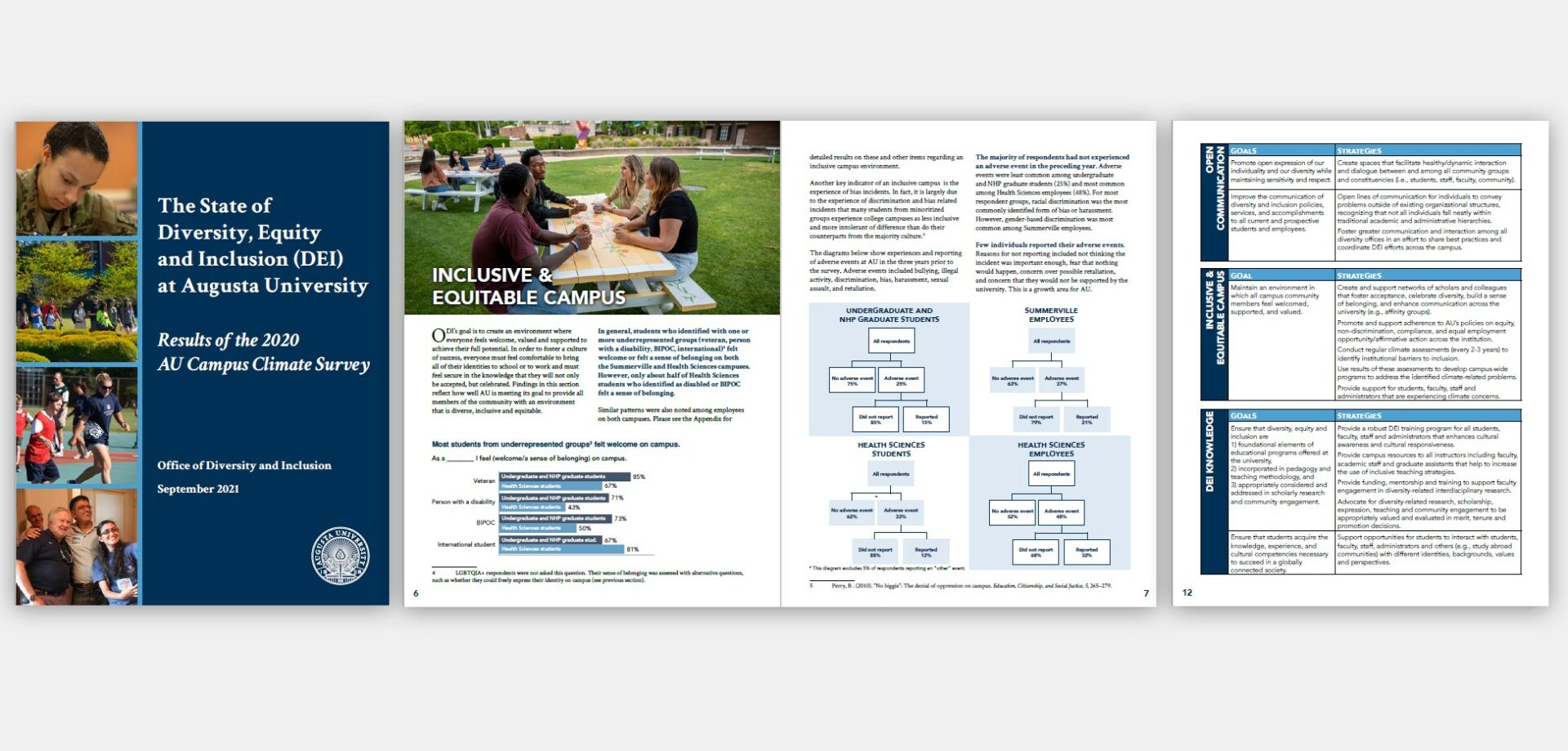
Thanks so much for sharing all these insights with us today. Before we go, is there a book that’s played in important role in your development?
I often reference Everything is Figureoutable by Marie Forleo. Her message is that, even if a goal (like starting a business!) feels impossible, you are capable of figuring it out. I didn’t fully understand the first steps of starting a business, so I booked a mentor meeting with SCORE (a national small business support organization). I didn’t know how to use graphic design software, so I took graphic design classes at my local community college. I didn’t know how to get a business website or email account, so I asked my website designer. I didn’t know how to use accounting software, so I paid an accountant to show me. I didn’t have a business contract, so I built off samples.
When I think of this idea, I think of Elle Woods in Legally Blonde. “What, like it’s hard?” Don’t be intimidated, just take it one step at a time. The first person you ask or the first place you look might not have the answers, but it will probably get you closer to the right person or source.
Contact Info:
- Website: https://datasoapbox.com
- Linkedin: https://www.linkedin.com/in/lori-palen/
- Other: https://bsky.app/profile/loripalen.bsky.social
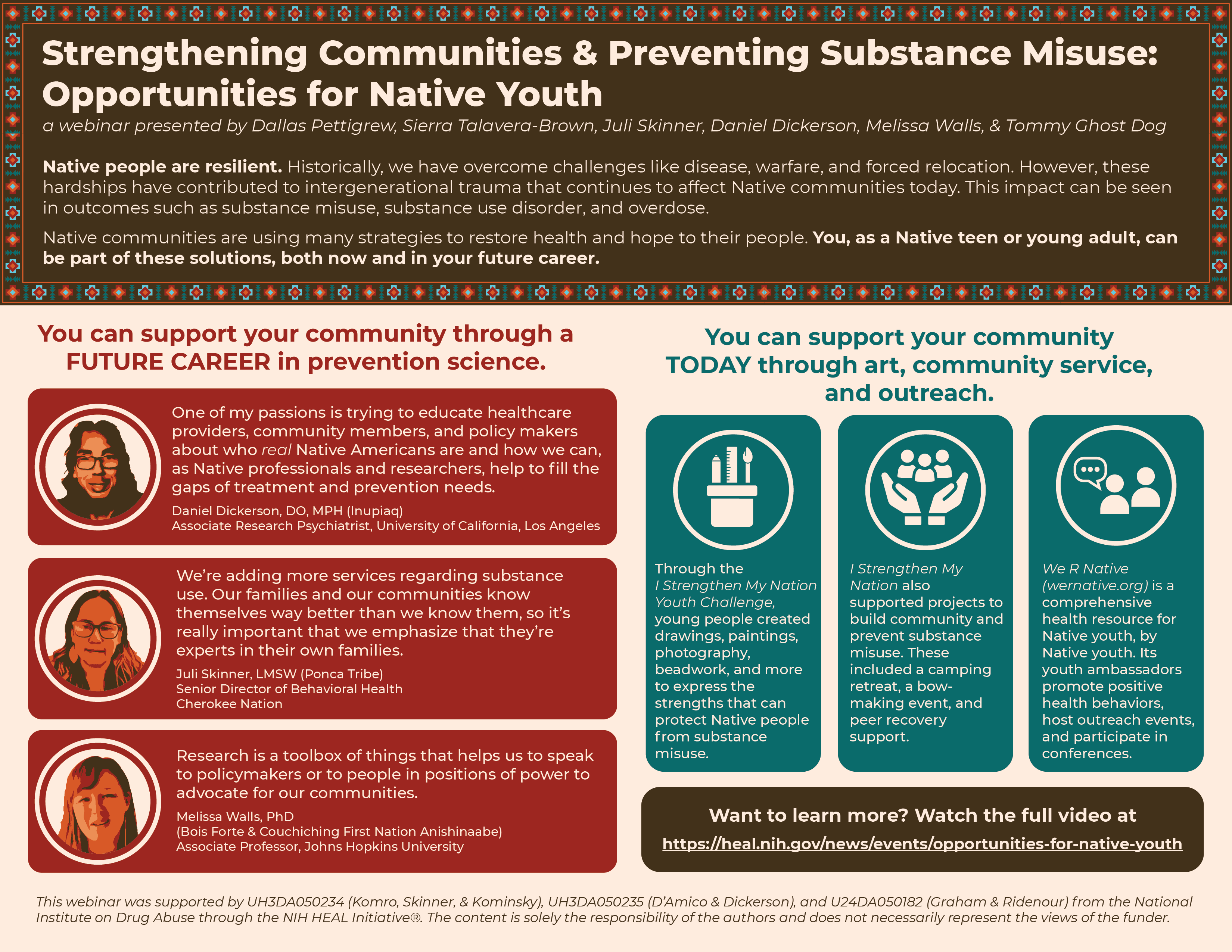
so if you or someone you know deserves recognition please let us know here.

